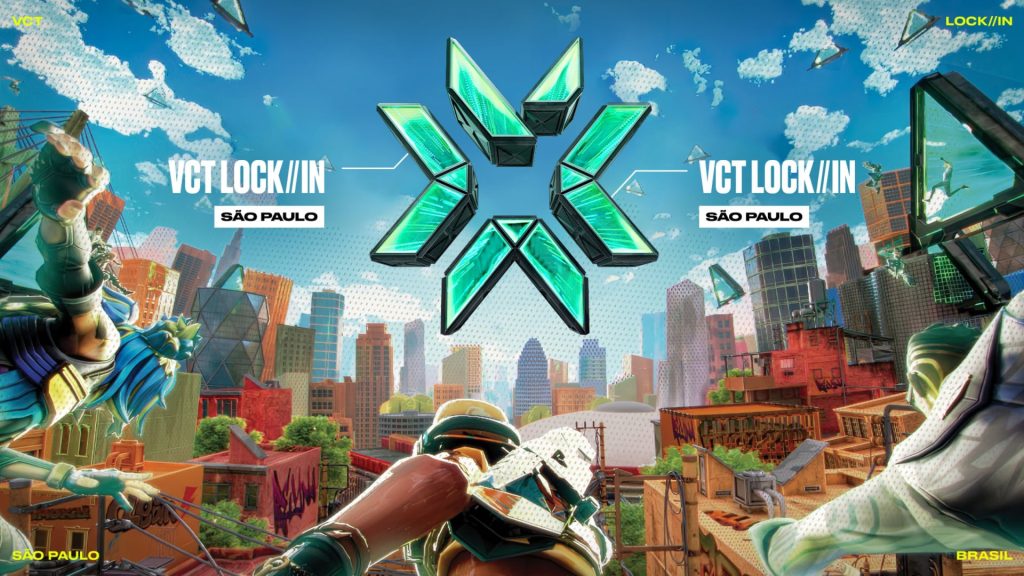
Riot Games kicked off the competitive VALORANT season with the VCT LOCK//IN São Paulo (VCT LOCK IN), which attracted around 1.43m peak viewers and around 430,000 average with just over 100 hours of on-air time, according to Esports Charts.
The competition is the second-most-watched event in VALORANT’s short history. It concluded on March 4th. UK-based organisation Fnatic beat LOUD in the Grand Final, a Brazilian team with home support in São Paulo.
VCT LOCK IN featured 32 teams from all three main VALORANT regions: EMEA, Pacific, and Americas. The tournament was created both as a way to officially start the new VCT season, but also as a way to showcase all the teams that will participate in the VALORANT regional leagues.
The most-watched match of the tournament, according to Esports Charts, was the Grand Final between Fnatic and LOUD. Interestingly, of the top six most-watched matches of the tournament, LOUD participated in three.
VCT LOCK IN was close to being the most-watched VALORANT event ever, with just ~60,000 viewers separating it from VALORANT Champions 2022. The viewership data includes all official streams, as well as co-streamed efforts from Riot Games-selected partners, of which there were more than 150. There was a total of more than 200 channels covering the event on different platforms and in different languages.

LOUD could be described as the most popular team of the tournament, even though the team did not go all the way. The organisation attracted the most viewers to its matches and, due to the fact that LOUD played all the way to the Grand Finals, guaranteed a high viewership number for the event.
Still, perhaps the main criticism of the event from fans and pundits was the fact that most matches were played in a best-of-one format, perhaps not allowing for a higher viewership number given that teams were eliminated after one loss.
